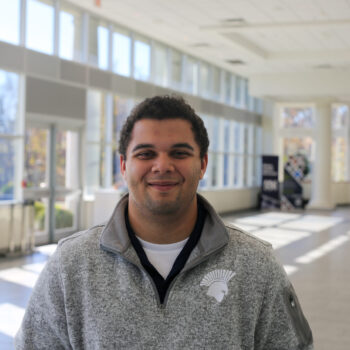While You Are Abroad
Give yourself time to adjust. Expect jet lag – and a little culture shock. Get your body on the new schedule by drinking plenty of fluids, eating plenty of healthy food, exercising and resting. Culture shock is a natural effect of being exposed to new lifestyles, cultures and values, so don’t be surprised if you feel a bit impatient, confused, or anxious, or if you hit emotional highs and lows as you adjust. Time usually takes care of it, but if any problems persist, consult your on-site program director or get help from a counselor or doctor.
Check for Resources
Be sure to learn how you’ll get routine and/or emergency medical help before you need it. Who will provide your care and how can you reach this provider? Is there a 911-style emergency number? If so, what services does it provide? If you need any special help such as a self-help group or services for a special need or disability, find out how to get it.
Make Your Medical Needs Known
If you have a medical condition, tell your local R.A. or program director who can help in an emergency.
Learn the Local Customs
Lifestyles, practices and expectations will be very different from home; even in places that seem to be relatively similar to the U. S. Make sure you understand how things work. Don’t assume that behavior you took for granted at home will be accepted in your host country.
Ask about:
- Safety issues such as local transportation, swimming practices and electrical appliances
- Security issues such as neighborhood security and personal security at night.
- Cultural issues like attitudes towards gender, friendships and dating
Make New Friends
It may not sound like a health tip, but don’t isolate yourself. You will probably have to make the first move in developing new friendships, but they’ll make the whole experience worthwhile (not to mention keep you sane).
Resources for When You Return
Going home can seem like the best part when you think about the hundreds of photos and experiences you can share. But be aware most U. S. students experience reverse culture shock when they return home.
You’ll have a lot of new experiences while studying abroad. Be sure to realize how those experiences may have changed you. Do you have new interests? How about new attitudes, opinions or perspectives? Changed values? Have your expectations of your friends and family changed?
Your international experience transforms you, but not your friends and family. Problems that existed when you left may still be there. Or things may have changed while you were gone. The freedom you have had while studying abroad may make it difficult to settle back into the routine of home.
Be prepared to realistically face issues in all your circumstances and relationships.
Here are a few resources to help you understand and adjust to this experience:
- What’s Up with Culture? Re-entry information from University of the Pacific.
- Reverse Culture Shock – Information about the stages of the re-entry period from StudentsAbroad.com.

